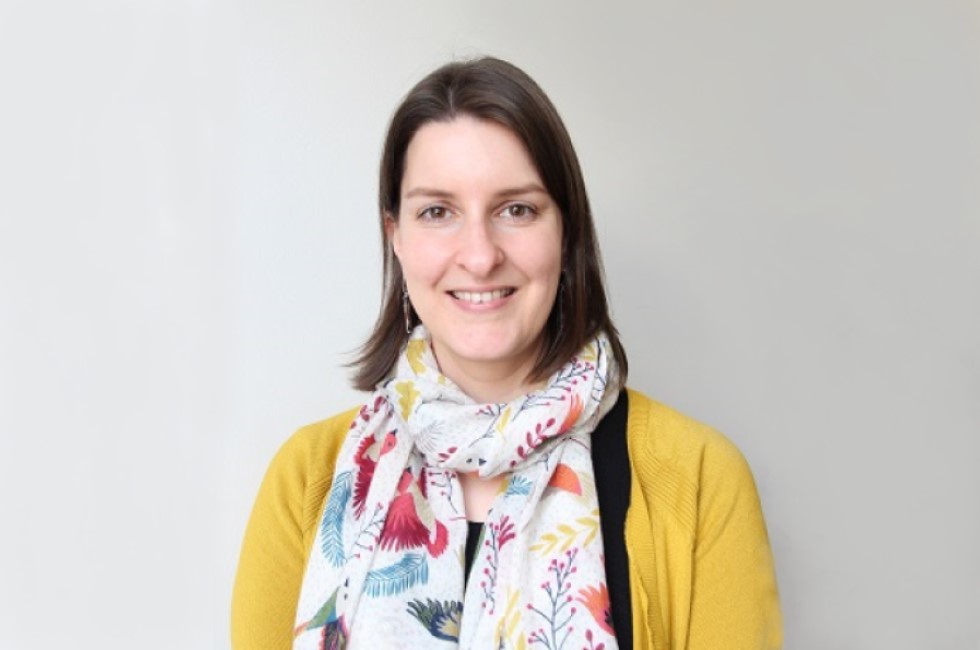Helen Brown is a post doctoral research fellow at Cardiff University. She is part of the team led by Professor Phil Stephens working on the DMT-funded project “Oral progenitor-derived vesicles as a novel treatment for chronic skin wounds in the aged population“. Chronic skin wounds, such as leg ulcers, are non-healing wounds, which many older patients suffer from – sometimes over many years. Once these wounds become infected with bacteria, they are increasingly difficult to treat and routinely-used antibiotics often do not work. In addition to the significantly impaired quality of life for those with such infections, chronic skin wounds are extremely expensive to treat, costing the NHS an estimated £4.5-5.1 billion in 2015. We’re going to be publishing more about this important and interesting work in the next few months, but in the meantime, here’s Helen’s experience of trying to keep this vital work going since “lockdown” and maintain her motivation.
I think the last few months and their impact on Early Career Researchers has been a deeply individual experience
If you had asked me at the end of 2019 if it was possible that there would be a global pandemic in the near future that would kill thousands and cause a global recession then I would have said “yes, of course it’s possible”. Microbiologists all know that the next big disease is just around the corner but if you had asked me for a date, I would never have said the 17th of March 2020. However, that date, five months ago, was the last time I was in the lab. We will be back soon, but the impact on all our research has already been significant. I think the last few months and their impact on Early Career Researchers (ECR) has been a deeply individual experience and very dependent on personal circumstances. So instead of talking in general terms I’d like to talk about my personal experience, hopefully it will overlap with experiences of other ECRs.
First the bad: Let’s leave aside worrying about family, social distancing in supermarkets and the fact that my cat’s lockdown hobby has been learning to meow, and move directly onto “how might COVID affect my career?”. Mentally I’ve struggled to stay focused and productive, while feeling guilty that I’m not being productive enough. The uncertainty of when (and how) we’ll be back in the lab has been particularly stressful. The unofficial motto of academia is “publish or perish” and I worry the lockdown delay will affect my ability to gather enough data for high impact publications. Summer student research projects, which help support my research and build my CV, have also been cancelled. Universities and funders have reported significant losses due to COVID, meaning that ECR funding opportunities have diminished. For those who have also juggled caring responsibilities or been furloughed I can only image how stressful these last few months have been.
So, have there been any good things? For me, yes. Perhaps most importantly gaining thinking time. I had been working on my current project for less than six months at the start of lockdown and so having time to review literature, carry out training and plan has been invaluable. I’ve also spent some time writing up work from previous postdocs. I’m particularly pleased that many learned societies and universities have moved their seminar programs online and opened them up to global audiences, allowing me to attend many more seminars than I would normally be able to. Finally, not commuting means that I’ve gained some extra time (and money), giving me more time for hobbies. Overall, for me lockdown has been positive. I often get lost in the essential day to day activities of research, with little time to step back and think about the wider picture for both my project and career. After three years of short-term contracts, lockdown has given me time to rediscover my enthusiasm for research and means that I’m heading back into the lab feeling refreshed and ready to be productive.

